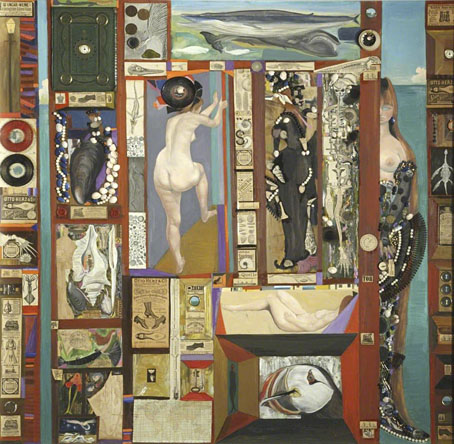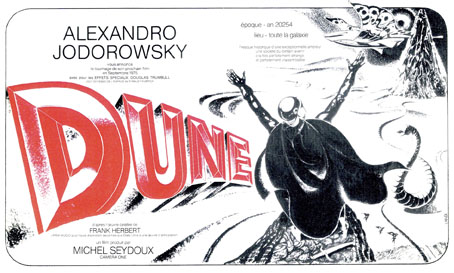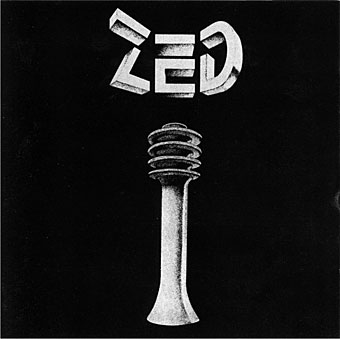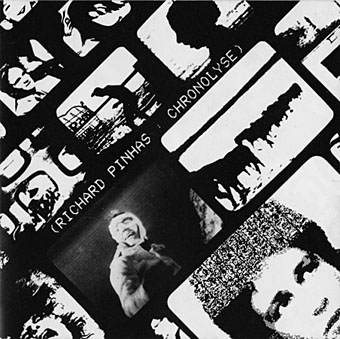
Sea Change (c.1966) by George Wallace Jardine.
A paucity of links this week thanks to the Xmas blight which reduced my RSS feed to a wasteland of no activity at all or too many of those lazy listicles devoted to “our top ten things of the year”. There was, however, this from Simon Reynolds:
I miss the inter-blog chatter of the 2000s, but in truth, connectivity was only ever part of the appeal. I’d do this even if no one read it. Blogging, for me, is the perfect format. No restrictions when it comes to length or brevity: a post can be a considered and meticulously composed 3,000-word essay, or a spurted splat of speculation or whimsy. No rules about structure or consistency of tone. A blogpost can be half-baked and barely proved: I feel zero responsibility to “do my research” before pontificating. Purely for my own pleasure, I do often go deep. But it’s nearer the truth to say that some posts are outcomes of rambles across the archives of the internet, byproducts of the odd information trawled up and the lateral connections created.
Setting aside the inter-blog conversation, which I was never very interested in, Reynolds articulates precisely why I still enjoy posting things here. I also agree with his comments about the psychological constraints that doing the same for Substack or similar would impose: a paying readership creates responsibilities that would make the whole thing feel like another form of work rather than play. To Reynolds’ comments I’d add that I also enjoy having a tiny area of the internet over which I exercise complete control. If I fall out with my webhost, as I did in the summer, I can move the entire site to a new location.
Reynolds expanded on his article at his regular forum, blissblog, where he examines the current state of the thing that people used to call the blogosphere. My thanks to Simon for including this place in his list of diehard operatives. I can’t say I’ve noticed the younger generations picking up the habit (then again, I haven’t really been looking…) but the small percentage of any generation who want to do more than simply follow the herd will always find outlets for their interests. And the tools for doing this have never gone away. This particular medium may not suit most people, but for those who can accommodate themselves to the format it’s a better way to spend your time than marinating your soul in the corrosive sump of social media.
• Elsewhere: Among other things, 2024 will be the year that the earliest manifestation of Walt Disney’s ubiquitous rodent enters the public domain in the USA. Jennifer Jenkins lists some of the more prominent books, films, songs, etc that will be following suit.
• At Open Culture: The Beautiful Anarchy of the Earliest Animated Cartoons.
• At Dennis Cooper’s: Another day for Shirley Clarke.
• Suspended Animation (1980) by Bernard Szajner | Animation (1983) by Cabaret Voltaire | Reanimation (1996) by Bill Laswell feat. DJ Rob Swift







